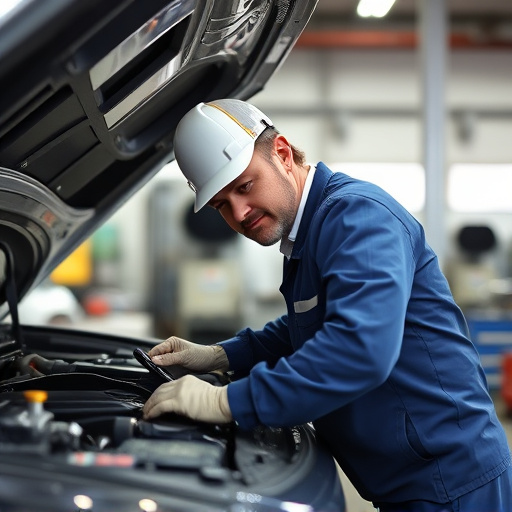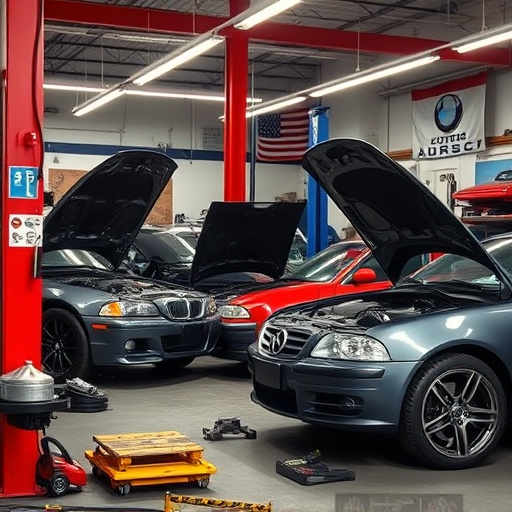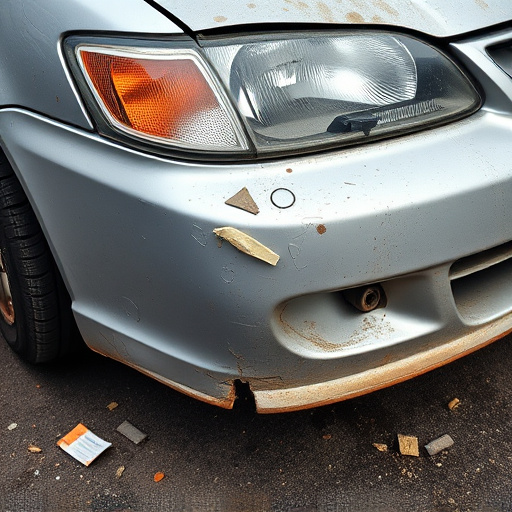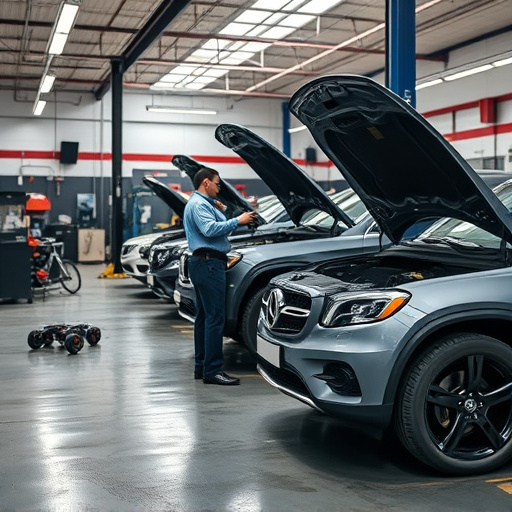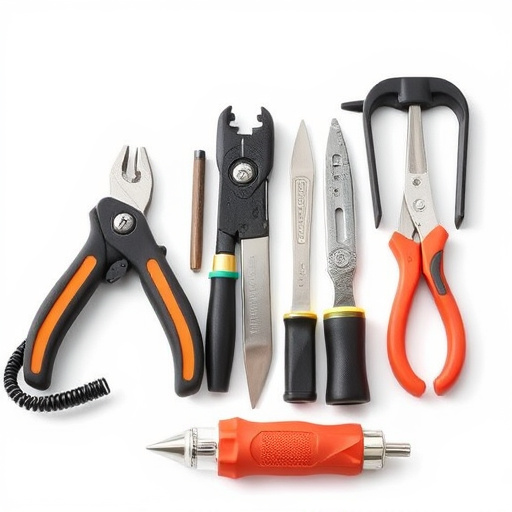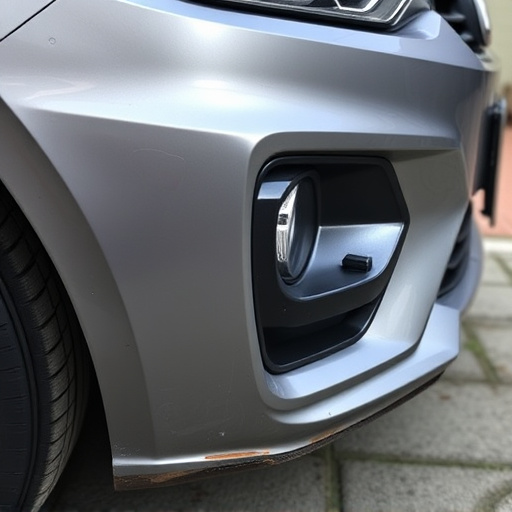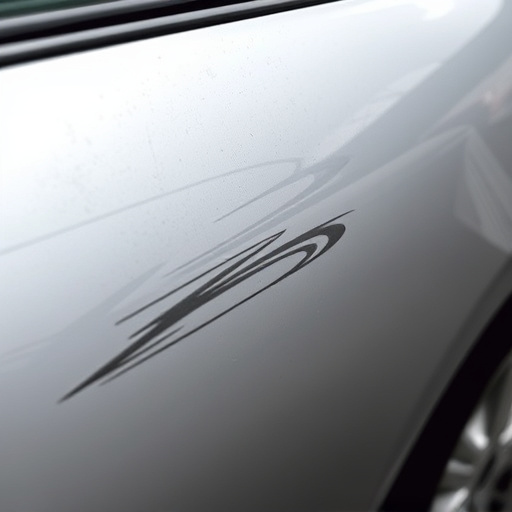Insurance repair warranties are essential for protecting car owners from future issues with collision repairs, covering parts and labor within a specified time frame. Insurers play a vital role in ensuring quality and adherence to standards, collaborating closely with reputable body shops. Body shops are responsible for meeting industry standards and policy terms, while manufacturers offer backing for complex repairs using factory-original parts through their warranties. Understanding this shared responsibility is crucial when filing insurance repair warranty claims.
In the complex landscape of insurance repairs, understanding who guarantees compliance with warranties is paramount for consumers and businesses alike. This article delves into the intricate web of insurance repair warranties, exploring key coverage areas and obligations. We analyze the role insurers play in enforcing these agreements and question who ultimately stands as the guarantor: contractors, manufacturers, or both? By shedding light on these critical aspects, we aim to empower individuals to navigate warranty claims effectively.
- Understanding Insurance Repair Warranties: Coverage and Obligations
- The Role of Insurers in Enforcing Compliance
- Who Acts as the Ultimate Guarantor: Contractors, Manufacturers, or Both?
Understanding Insurance Repair Warranties: Coverage and Obligations

Insurance repair warranties are a crucial aspect of ensuring quality and satisfaction following auto accidents or damage to vehicles. These warranties provide a safety net for car owners, assuring them that repairs will be covered if any issues arise within a specific time frame. The coverage typically includes parts and labor, guaranteeing that a collision repair shop adheres to the highest standards during the restoration process.
When it comes to obligations, the insurance company, collision repair shop, and vehicle owner all play vital roles. The insurer is responsible for providing the warranty, while the reputable car collision repair services are obligated to perform repairs according to industry best practices. Owners, in turn, must follow the necessary procedures to file claims and ensure their vehicles receive the required attention, ultimately benefiting from the peace of mind that comes with a valid insurance repair warranty.
The Role of Insurers in Enforcing Compliance

Insurers play a pivotal role in ensuring compliance with insurance repair warranties. When an individual files a claim for collision or auto frame repair, the insurer is responsible for overseeing the entire process to guarantee that the body shop services meet the specified standards outlined in the warranty. They do this by verifying the work performed, checking for quality and adherence to industry best practices, and ensuring that all necessary repairs have been completed effectively.
Insurers often collaborate closely with body shops, providing guidance and resources to maintain compliance. This might involve regular inspections, setting guidelines for parts replacement, and even recommending qualified technicians who can handle complex repairs. By actively enforcing these warranties, insurers protect both their policyholders and the reputation of reliable body shop services in the market.
Who Acts as the Ultimate Guarantor: Contractors, Manufacturers, or Both?

In the realm of insurance repair warranties, the question of who acts as the ultimate guarantor is paramount. Typically, when a policyholder files a claim for collision repair services or paintless dent repair at an automotive body shop, it’s either the contractor (automotive body shop) or the manufacturer that ensures compliance and guarantees the work. However, in many cases, both parties share this responsibility.
Contractors, specifically automotive body shops, are often the direct providers of collision repair services and thus carry a significant portion of the guarantee. They must ensure their work meets industry standards and adheres to the terms outlined in the insurance repair warranty. On the other hand, manufacturers also play a crucial role by backing their products and materials used in the repair process. This is especially true for complex repairs that involve replacing or fixing factory-original parts, as manufacturers often offer their own warranties or guarantees to ensure consumer satisfaction and maintain product integrity.
Insurers play a pivotal role in ensuring compliance with insurance repair warranties by setting guidelines and facilitating claims processes. While contractors are often on the front line of repairs, manufacturers typically act as the ultimate guarantors, backing their products and ensuring quality workmanship. Effective communication and coordination among these parties are essential to uphold the integrity of insurance repair warranties, providing policyholders with the reassurance that their investments in restoration work are protected.
